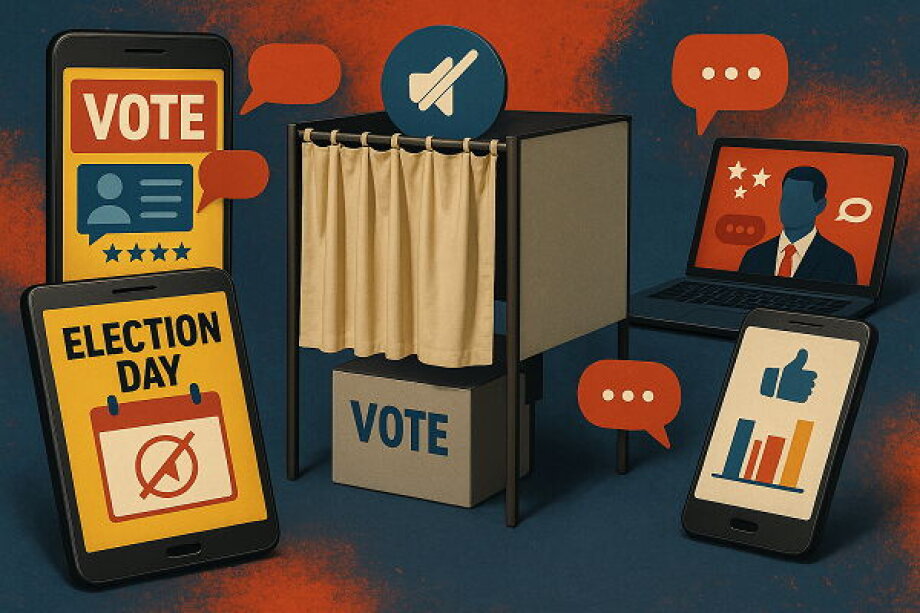Experts Clash Over Whether Electoral Silence Still Protects Voters in the Digital Era

With Poland approaching key elections, the debate over the relevance of electoral silence intensifies. The Polish law prohibits campaigning and publishing polls from midnight before election day until voting ends. While supporters argue it offers voters a calm space to reflect, critics question its effectiveness in the digital era.
Dr Jacek Haman from the University of Warsaw defends the regulation, claiming it shields voters from aggressive campaigning and protects against manipulative polling data. He stresses that despite breaches on social media, the rule still serves less engaged voters by reducing last-minute informational pressure.
In contrast, Professor Magdalena Musiał-Karg from Adam Mickiewicz University points to countries like the US and UK, where no such restrictions apply. She argues that enforcing silence online has become nearly impossible and calls for reform. She suggests maintaining bans within polling stations but allowing online campaigning with clearer labeling of sponsored content.
Poland's approach aligns with several EU countries, including Slovakia and Lithuania, which impose similar restrictions. However, practices differ widely, from brief bans on election day to extended periods without poll publications.
As digital platforms reshape political discourse, the question remains whether electoral silence remains a democratic safeguard or an outdated formality.
(xyz.pl)